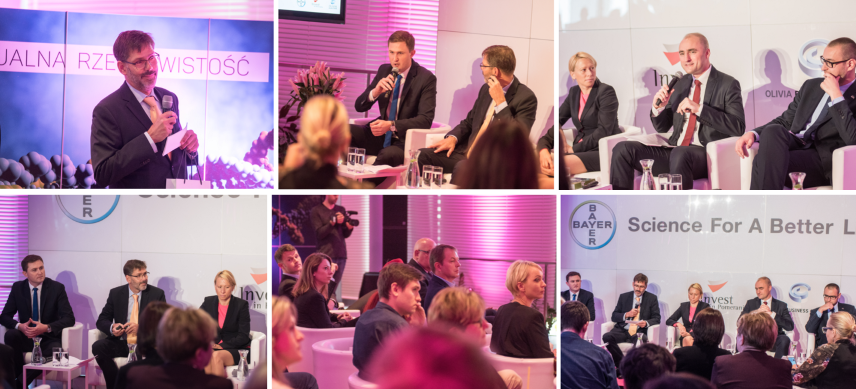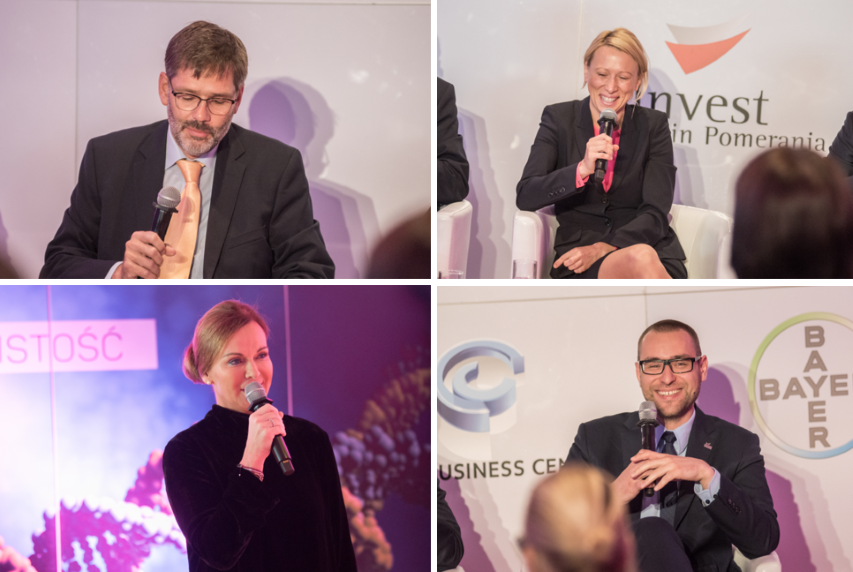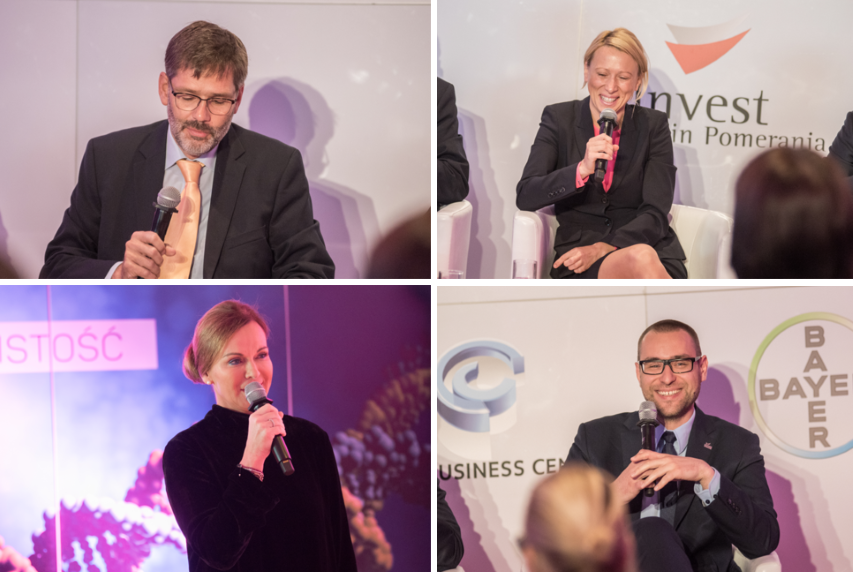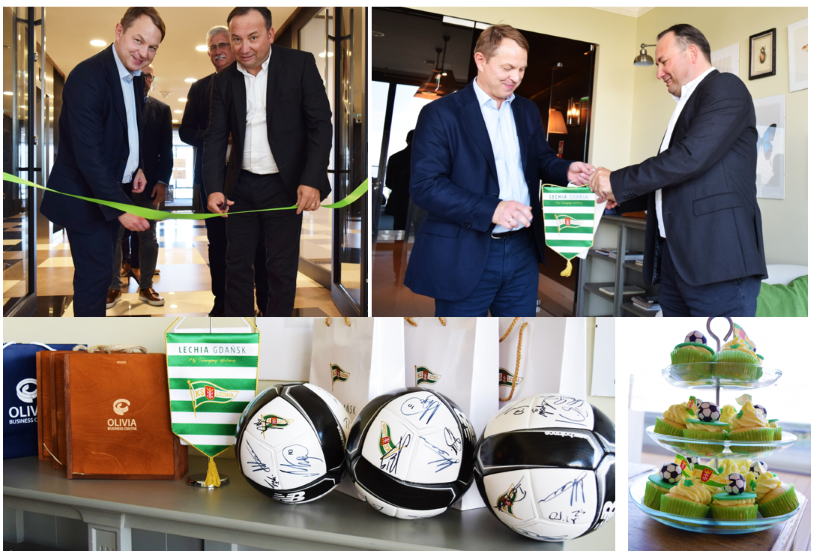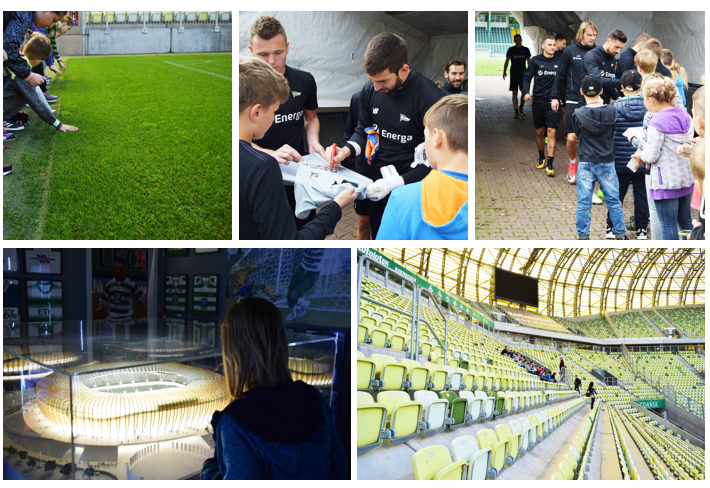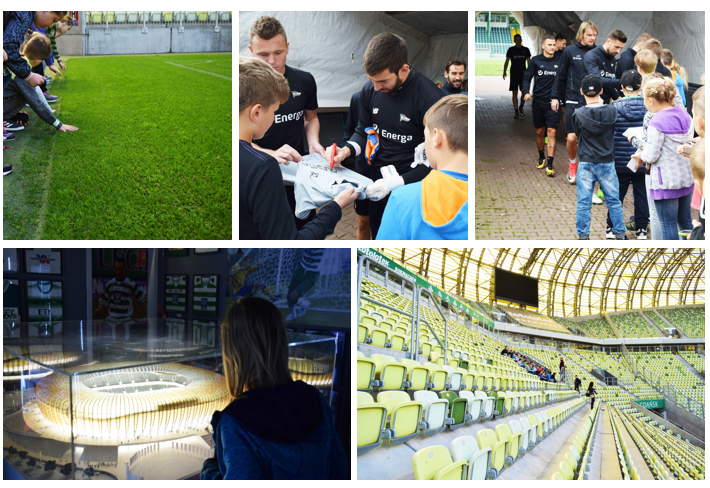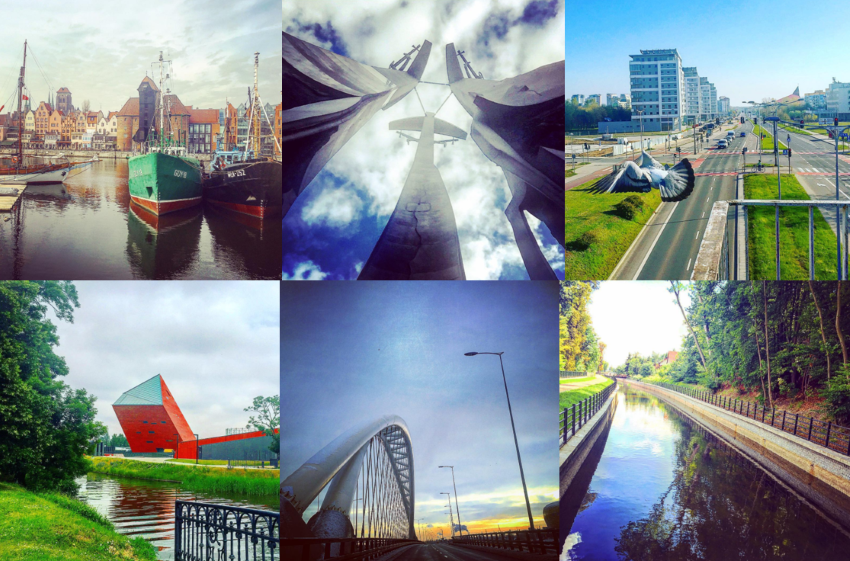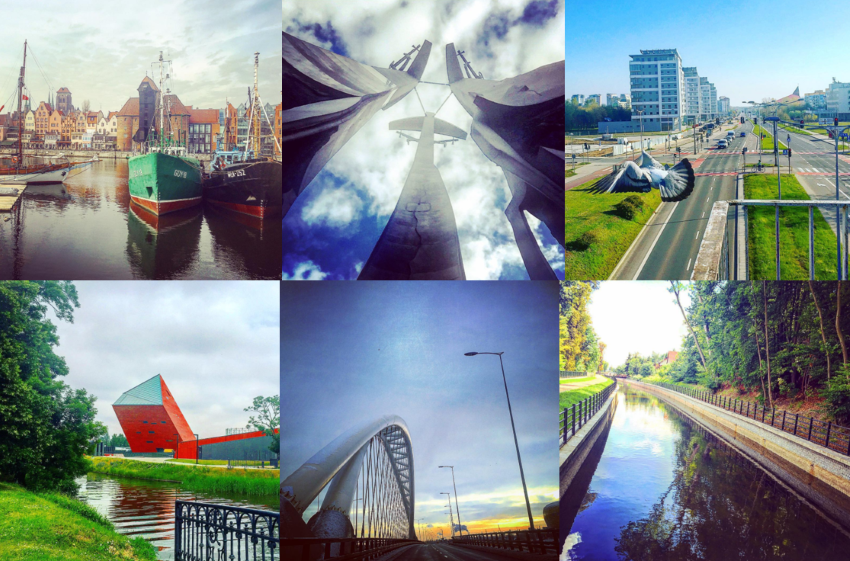On September 27Th, 2017 in Olivia Business Centre, a meeting took place organised by HR ABSL Club addressed to the representatives of Human Resources sector, which has been recently facing bigger and bigger challenges connected, among other things, with proceeding digital revolution and changes occurring in economy, society and, obviously, in business. Managers have to create new models of organisations – organisations of the future, in which flexibility of acting and ability to create dynamic, specialist teams, are beginning to play a superior role. Not only recruiting, but also keeping talents in companies, understanding workers’ experience and ensuring them a good environment for development, which aids enhancing their skills, are becoming more and more important. It is also important to recruit bosses-leaders, who can and will be able to lead teams, departments or the whole companies in the era of “digital” methods of running the business.
The event of HR Club organised by ABSL in Olivia served, most of all, the exchange of experiences, discussion on good market practices and mutual inspiration for the representatives of HR sector. The mission of HR Club is to integrate the sector of business services in the scope of the exchange of good practices, refer to legal barriers and stimulate the environment to actions, which will help companies develop and will help Poland become the first choice of location for BPO/SSC operations.
The following persons, among other guests, participated in the meeting in Olivia Sky Club in OBC: Wojciech Tyborowski, Head of Invest in Pomerania who opened the meeting and Ryszard Piskorz, Head of BNP Paribas International Operations Service Centre who took care of “breaking the ice” and showed participants how to initiate the first contact and build relations.
Next, Jolanta Jaworska, VP ABSL and Paweł Panczyj, Managing Director ABSL, paid attention of gathered guests to the need of their active participation in the processes concerning legislative changes, which significantly influence companies’ employment policy (for example the act on changes in personal data).
Sylwia Królikowska, Business Trainer from Van Dahlen Group, shared her experience within the scope of effective ways of integrating new workers in an organisation. Nowadays, employers are obliged to look from a much broader perspective at employee’s experience, which consists of actually all actions connected with place of work. Loyal worker is very precious. But how to build this loyalty though? By creating and maintaining relation, what is not an easy task… During the event, the representatives of DNV GL company – Magdalena Łukasiewicz, HR & People Development Manager and Jakub Olik, Head of GSS HR Service Delivery Management, talked about the fact that it can and should be done already on the stage of on-boarding.
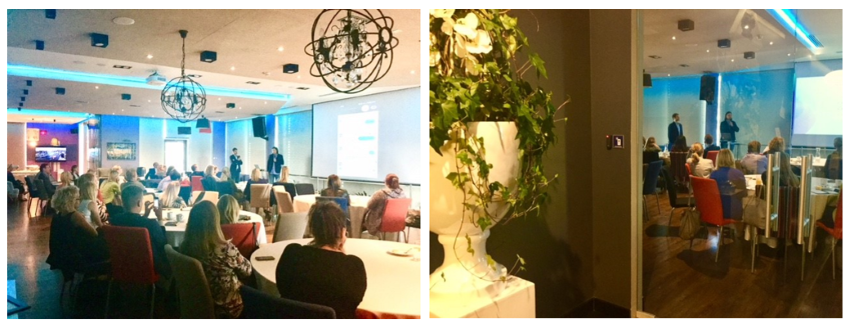
The second part of the meeting included, among other things, the presentation of a report on business applications, in the scope of HR, the newest technologies: artificial intelligence. Krzysztof Sobczak and Arkadiusz Talun, the creators of Emplocity, talked about this advanced solution, which integrates labour market on the level of an employee and an employer and at the same time raises competitiveness of the above-mentioned segments. Emplocity, by introducing the technique of reversed recruitment, offers effective HR tools and creates an attractive alternative for obsolete techniques, at the same time being an innovation in the scope of costly headhunting processes.
Małgorzata Ciarka, Business Leader for Poland and EE from Mercer and Olga Obłoza, Senior Consultant from Mercer paid attention to the benefits from current market trends in shared services sector. While presenting the newest trends in labour market in BPO SSE sector, they pointed out, among other things, that labour market is currently, above all, employee’s market, who can executively decide about wages and working conditions. The role and meaning of benefits for employees is increasing. Their very existence is not a standard anymore, but the fact that there is a choice of high-quality benefits. During presentation, speakers highlighted the importance of recruiting employees from abroad who could fill personnel gaps, as well as the gaps in companies’ needs. This includes employees from further the countries than our closest neighbours, for example from Italy or Spain. The speakers also discussed the issue of remunerations, which are becoming an essential criterion for choosing a company by a worker. The subject of the analysis was also a so called “500+ effect”, which influences the possibilities of an enterprise to recruit fewer employees because they choose this kind of benefits as the main source of income. We shouldn’t also forget about ageing society of Poland. That is why, the main challenge, which HR departments have to face, is the issue:zenia “How to attract workers who want to run away from labour market?”. For a broader context of the structure of remunerations, speakers presented the analysis of revenues in labour market in Warsaw, where workers are paid 10-15% more than in other big centres.
–/–
Association of Business Service Leaders (ABSL) is a leading organisation which represents modern services for business in Poland. We set standards and directions of sector’s development, which is now the most dynamic branch of Polish economy, provides employment for nearly 250 thousand people and records increase of 15-20% per year.
ABSL associates Shared Service Centers (SSC), the centres of Business Process Outsourcing (BPO), Information Technology Outsourcing (ITO), Research & Development, (R&D) and companies which support sector’s development. ABSL initiates many projects which aim to promote Poland as an attractive country, open to foreign investors.
HR ABSL
Club.
The mission of HR Club is to integrate the sector of business services in the scope of the exchange of good practices, refer to legal barriers and stimulate the environment to actions, which will help companies develop and will help Poland become the first choice of location for BPO/SSC operations and desirable place to work.

